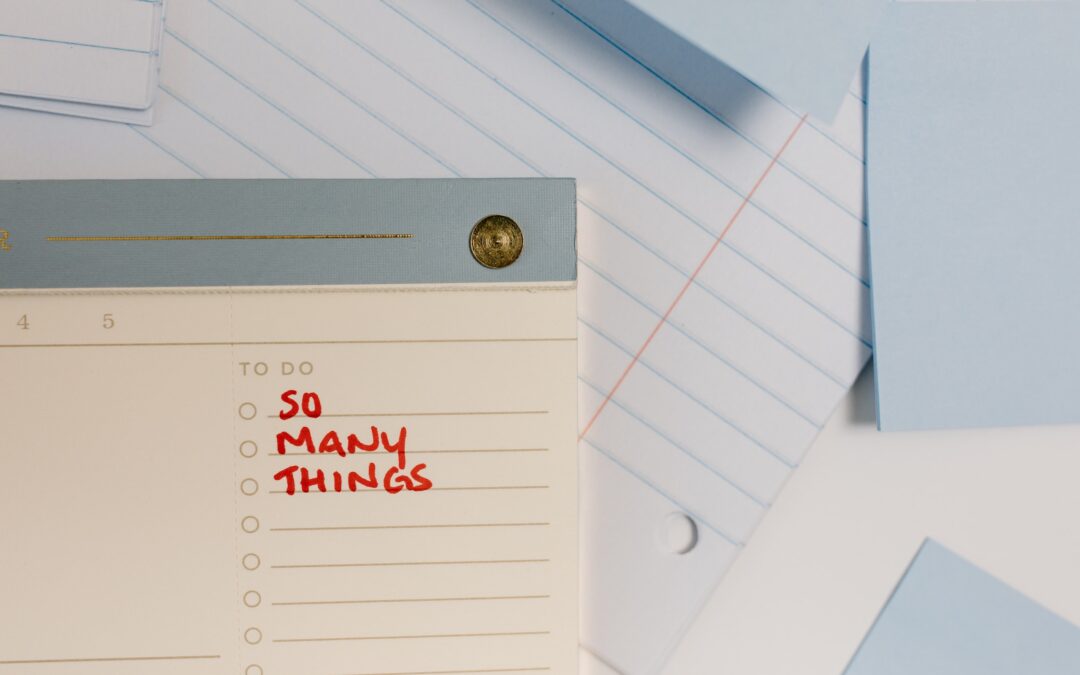Lots of people struggle to slow down and stop being busy. When they have a chance of a break, they then fill it with other things to do!
We all need rest and so if the avoidance is pervasive, I’ve found there are often deeper reasons behind the need to stay busy.
Modern times
Firstly, it’s important to remember that we live in a capitalist world that encourages ‘more’, achievement and constant consumerism. This way of living and being contributes to the feeling that more always is better.
While I think it’s healthy to have goals to work towards, there’s a difference between actively pursuing your goals compared to feeling like nothing is ever good enough or constantly trying to outdo others and even yourself! The latter two most likely being tied to deep-rooted self-esteem issues.
Then add to that social media where we’re bombarded with other people’s highlight reels making us feel like we’re not where we should be.
I believe that the society we now live in is probably worse than it’s ever been for keeping us focussed on striving for more as we compare ourselves to unrealistic and, oftentimes, fake ideals.
Stress
Chronic stress can lock us in a cycle of running off elevated stress hormones making it hard to hear your body’s signals to slow down or rest.
You’re then always unconsciously searching for that next hit of stress hormones by staying mentally or physically ‘busy’.
Living this way for any significant period of time will impact a person’s health leading to a weaker immune system and potentially more long-term health issues as the body simply isn’t built to deal with chronic stress.
Avoiding feelings & thoughts
I also notice in my work that many people stay busy to avoid uncomfortable feelings or thoughts. If it’s something minor that will pass, then this can be a good strategy but if it’s a long-standing coping mechanism that means you always avoid feeling uncomfortable feelings then this isn’t healthy.
What a lot of people don’t realise is that emotions are chemicals that can get stored the body. If we don’t deal with these emotions, they build up and can cause mental and physical health issues.
You can imagine that if someone has spent most of their adult life running away from negative feelings, then the prospect of facing all the buried pain can understandably feel terrifying … and so the need to avoid that pain gets stronger the more that time goes on.
This often results in mental breakdown where someone is finally forced to face things because there comes a point where the body just cannot keep a lid on things any longer.
Understanding our body’s needs
I also find that many people have a lack of awareness around how directly their health and wellbeing is tied to getting adequate rest. I believe if more people connected the dots between illnesses, both short-term like colds and sore throats, to more chronic conditions, then we’d see many more people prioritising their selfcare!
Negative associations
When working with clients who struggle with busyness, I often find that they have negative assumptions or stories associated with resting that they may not even realise they have until we start looking at the issue. Here are the most common:
- Fear of losing control
- It feels selfish
- It feels lazy
- It’s weak
- I don’t deserve it
- I feel guilty
- It feels pointless/waste of time
- Body weight issues – will put on weight if not active
If you identify with any of the above, please know that these are all very common.
What I hope you will gain from this post is a greater awareness around whether you struggle with busyness and then what might be behind that. It could be one or a number of these factors.
Awareness is the first agent for change so if you do recognise something about yourself in what I’ve shared today, you’re now much closer to making improvements.
At the end of the day, taking time to stop, slow down and rest is not an indulgence it’s an investment!
We need to think of stress as a cycle, something I discussed in a previous post here. Where periods of intense activity and stress need to be paired with periods of less or no activity … And in equal measure – meaning the harder you work, the harder you need to rest.
The rest provides the fuel so that you can be busy, achieve more and perform to a higher standard when you’re in the intense periods. It’s also vitally important for your health and wellbeing in both the short-term and long-term.
If you recognise yourself in this article and would like to find out how my work can help you to tackle your addiction to busyness, contact us here to arrange a complimentary consultation.
Kate x


